'Payday' we are all familiar with that word 'payday'. After those long hours at the office and a week full of work it's finally payday. The hard work you put in will finally be rewarded! But what will you do with that paycheck? Will you buy some new shoes, try that new restaurant that just opened up down the street or buy that new electronic everyone has been talking about? But wait there's more, what about your payment for your car insurance? Or did you forget to buy groceries? Did you need to pay off any debt? All these questions surely run through our minds once we get paid, but what is your priority?
Balancing our paycheck will always be a struggle for most of us. It all depends on what we use our money for, what is important to us and how it will affect others around us if we take care of a family or even if we support ourselves. In Singapore the cost of living is on the rise as announced last year, the local GST is set to increase by 2 percentage points (7% to 9%) sometime between 2021 and 2025. The other tax increase is on diesel duties, which actually doubled from 10c per litre to 20c per litre. So with a steady increase in Singaporean lifestyle how can you make sure your not overspending and using the money for unimportant items?
To be a fit individual you need to start exercising and begin to eat healthier meals. So you would need to cut out the junk food from your diet and go out for a run to get physically fit so you can prolong your life and fewer visits to the doctor. Being a physically fit person has its benefits so the same goes with a monthly budget. A monthly budget can a very helpful step that puts you on the road to financial health. That is if you manage to stick to your budget every month.
But like a diet, a monthly budget is easy to break and once we break the habit we could end up having negative feelings and not want to even begin to start up again. But don't give up! You can gain victory and control your money and not let it control you. Here's a couple of tips that will help you to control your spending habits.

fizkes/shutterstock.com
1. Set a Financial Goal
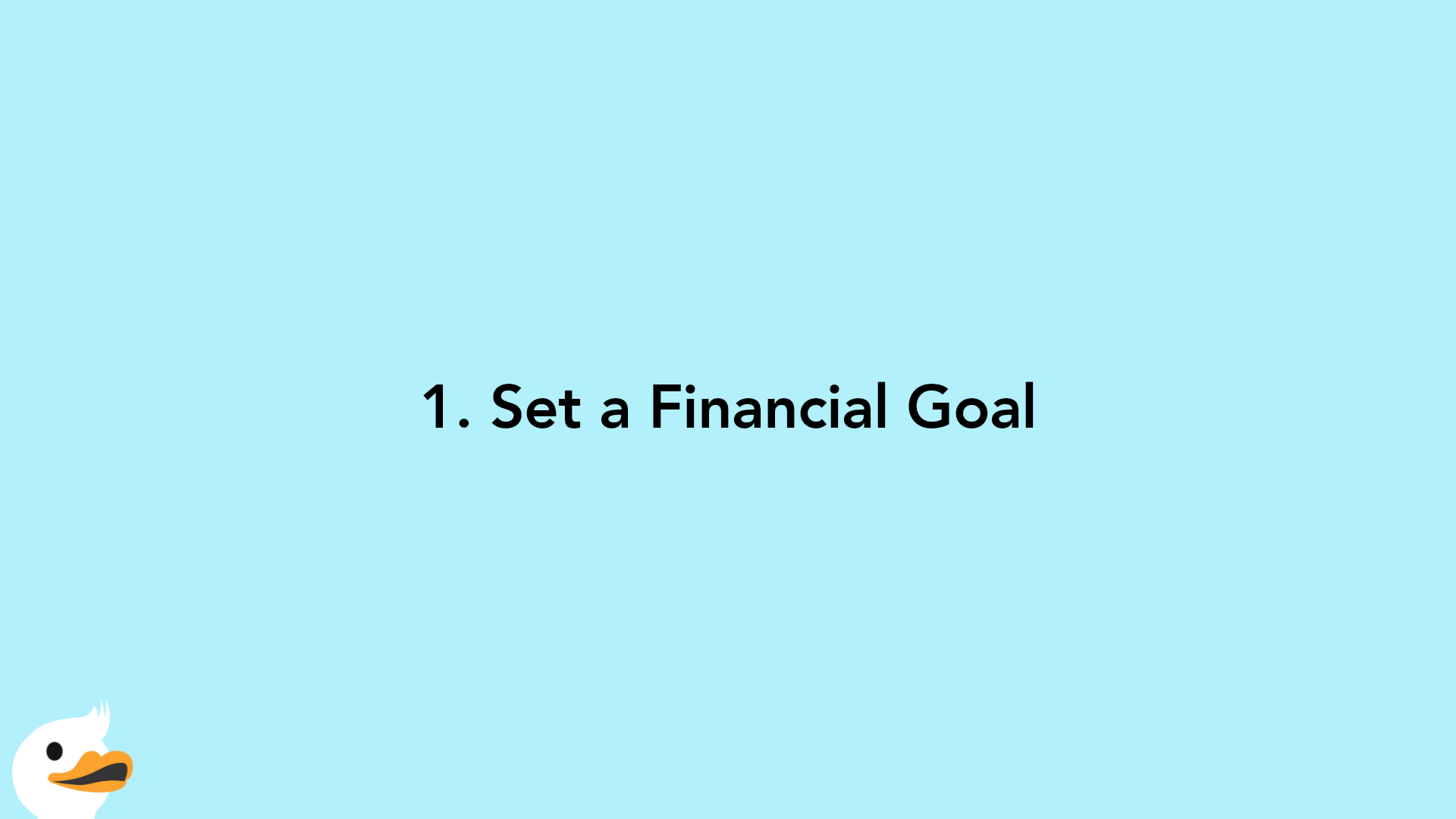
Having a goal that you're working towards can make a huge difference to what you spend your money on and how much you save. But don’t set unrealistic goals like becoming a millionaire overnight set a goal you can reach like I want to buy a new car in about 2 years. Reasonable time periods are a logical approach to this and should be taken into consideration.
2. Split Up Your Income Into Different Bank Accounts

People in general usually have two accounts, one for daily expenses and one for saving money. I personally have three accounts one for daily expenses, one for savings and the last account for any extra money I can use to buy whatever I would like. Once you receive your paycheck you should immediately transfer a large amount into your savings account and distribute the rest into your daily expenses. That way, just in case you overspend on daily expenses you can use some from your savings but only use this when its the last option.
3. 50% of Your Income Should Be Set Aside On Necessities Each Month
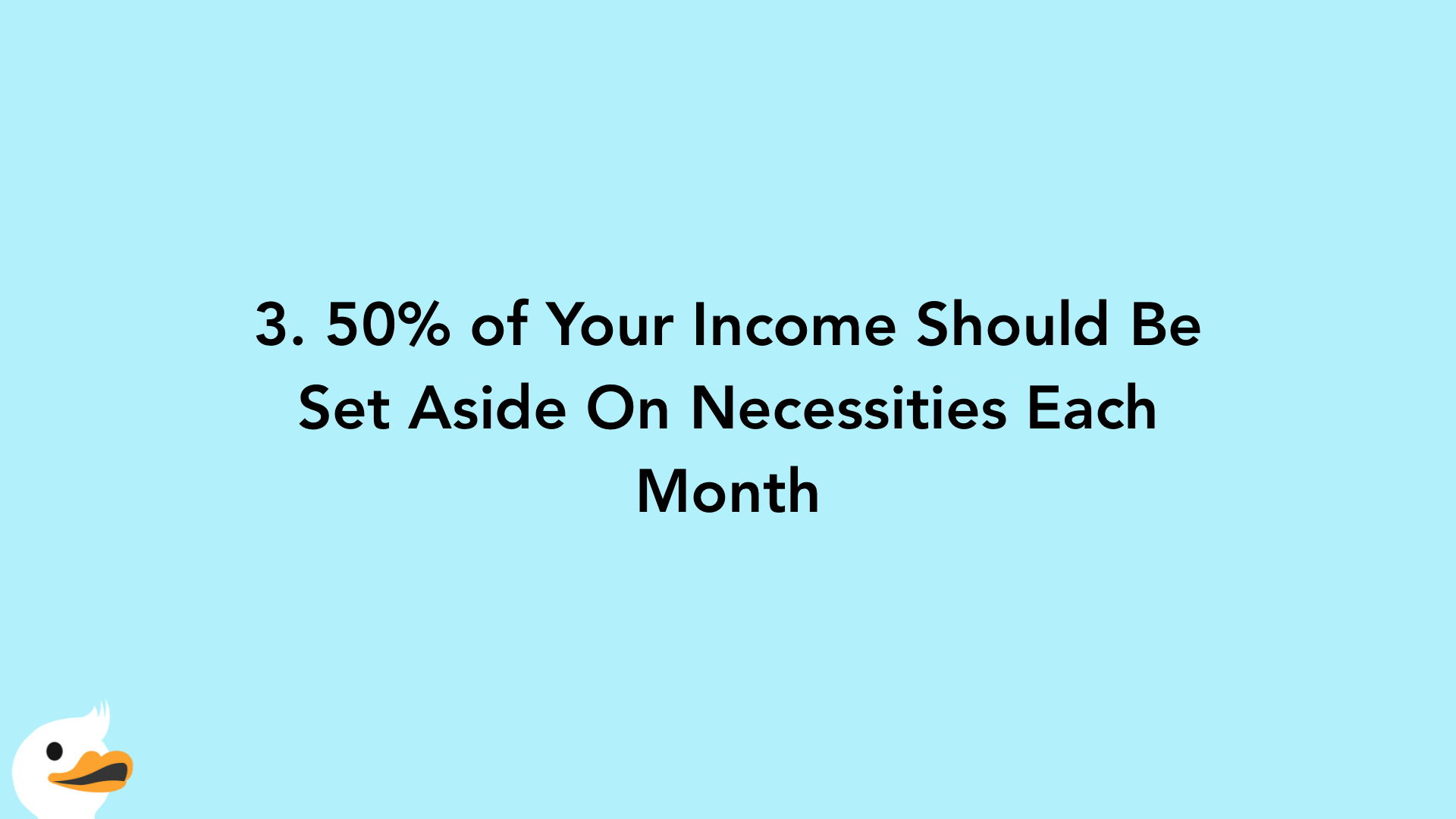
The necessities included in this 50% should be groceries, utility bills, insurance premiums and loan payments. As Singaporeans, a percentage of your income has to go into your CPF account but don't worry. First, focus on your income.
Here's an example: Let's say you earn $3,500 every month but after CPF deductions of 20% your real income is $2,800.
So 50% of income is $1,400. That $1,400 should go to your necessities or 'needs' to bills and any form of payments. 20% of your income can go towards your 'wants' which is $560 to whatever you want to buy like new shoes or electronics. 30% of your income which is $840 can go toward your savings accounts.
Budgeting your income can be much easier if you do it step by step and avoid unnecessary spending habits.
Wasteful Expenses Are Often Caused By Household Budget Deficits
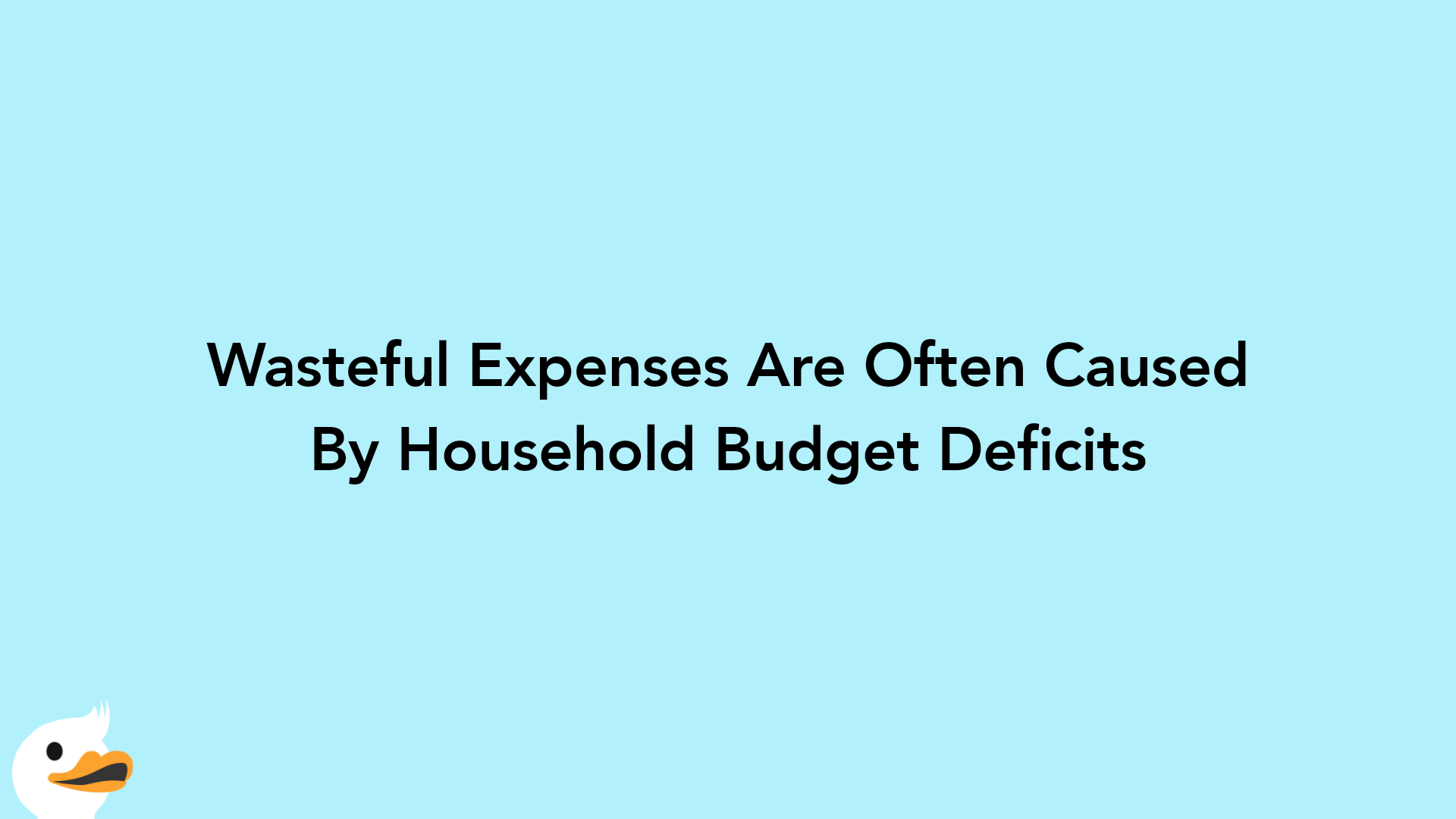
Which can include the following scenarios:
"I bought some junk food at supermarkets and convenience store."
"I bought some items that are not needed right away, because the coupon expiration date is about to expire."
"Because it was cheap and on sale, I had to buy it right away!"
For those who are likely to lose their households' deficits, they tend to be wasteful as a result even if they know that they are making useless purchases as mentioned above, even if they are going to save money, as a result.
So always watch how you spend your money! It's not always easy and even I too struggle with balancing my paycheck but with healthy spending habits and financial goals set I always reach my goal. The main cause of the overspending is that there are many wasteful expenses and our income can be less then what we spend. To improve the deficit situation, it is important to think about how to save wasteful expenses by keeping a household account book, figuring out the monthly spending amount.
Furthermore, by setting specific financial targets and a monthly budget will help you not be broke and live a financially healthy life.


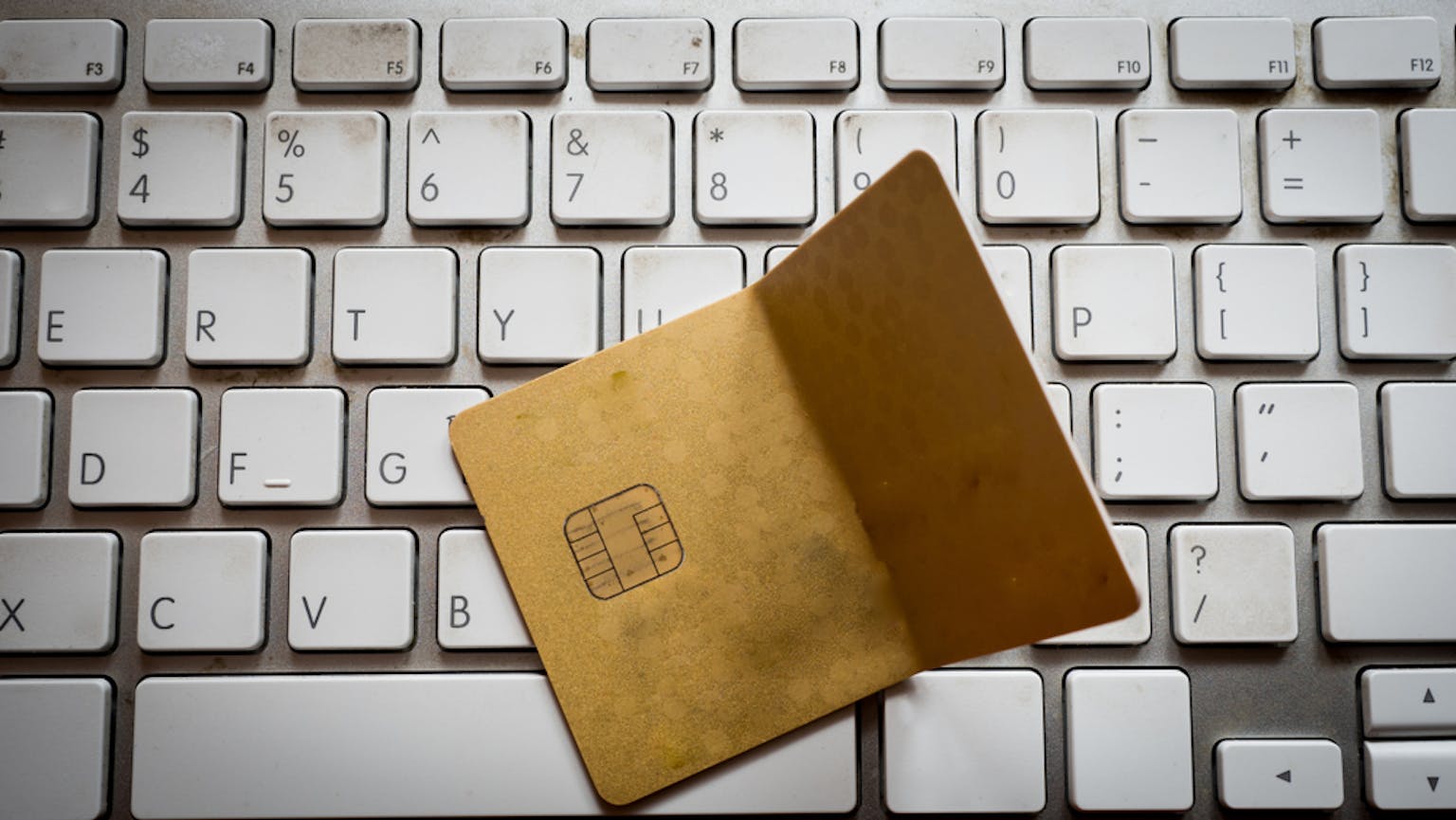



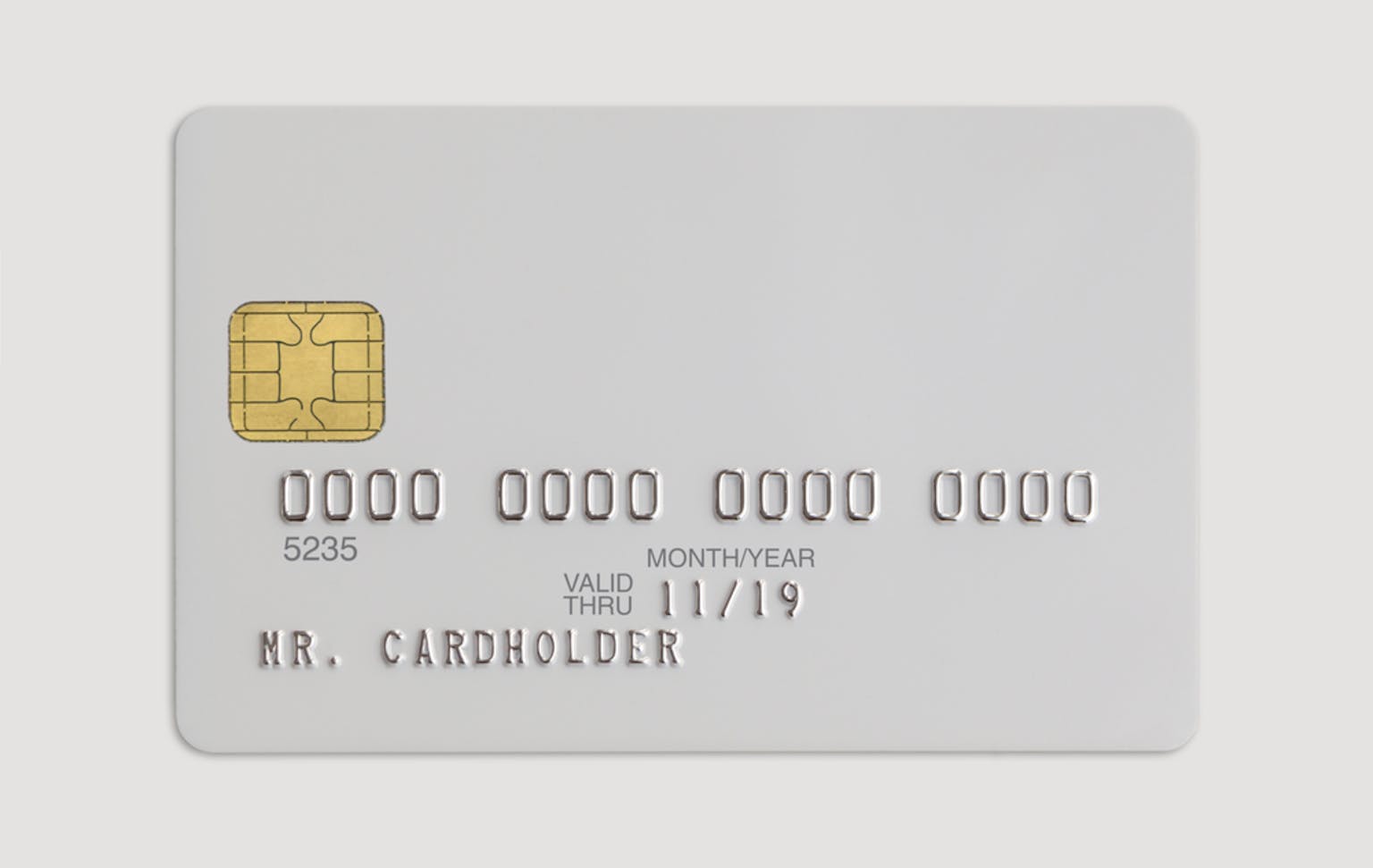







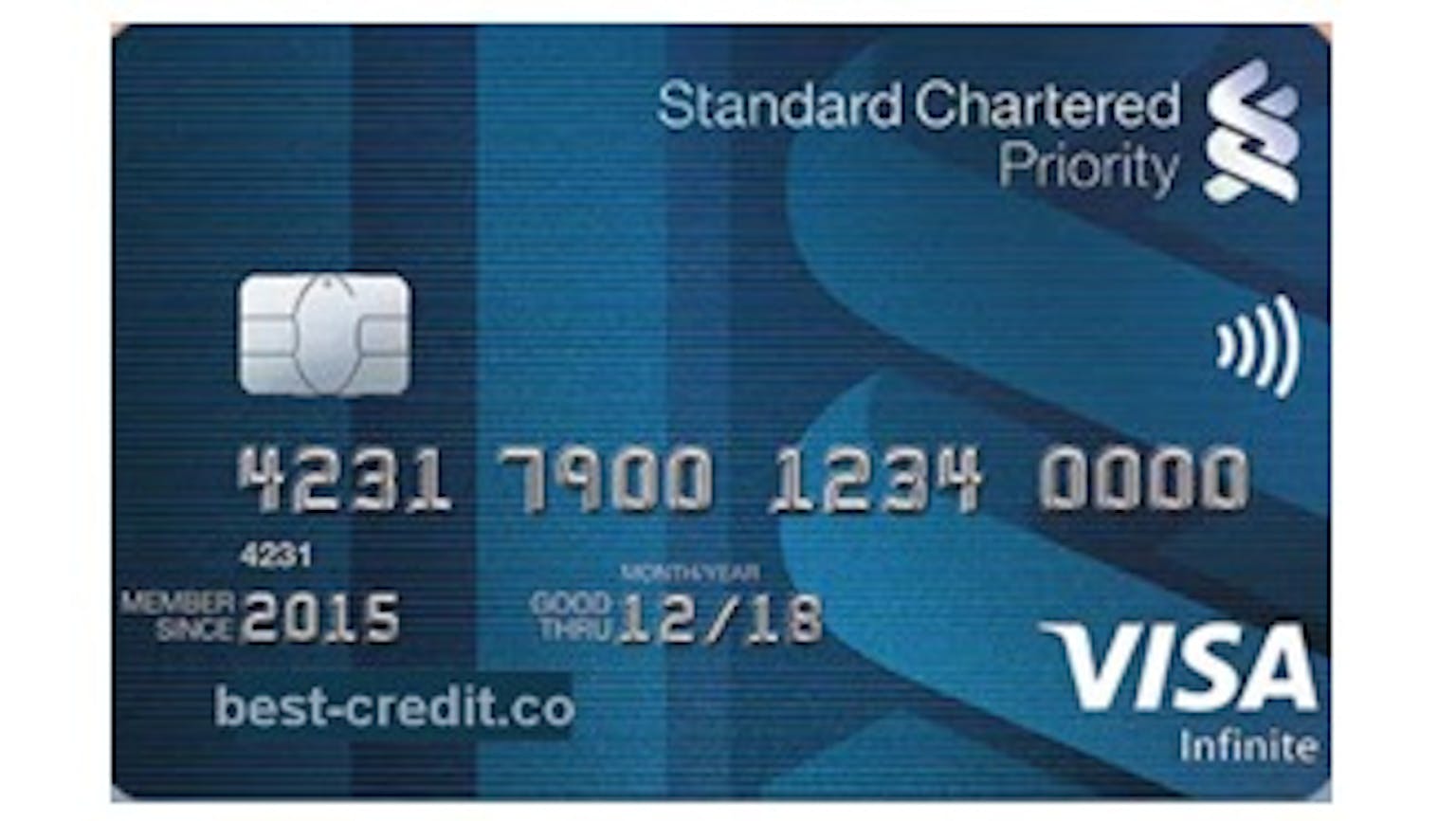






Please leave your knowledge and opinion!